Mediterranean Blue Economy Stakeholder Platform (MedBESP)
PRIVACY POLICY
The Secretariat of the Union for the Mediterranean (“UfMS”) hereby informs users who may provide personal data to UfMS of its Privacy Policy (“Privacy Policy”).
This Privacy Policy applies to any personal data collected and processed by UfMS. To this effect, browsing
medblueconomyplatform.org/ website is completely anonymous and does not require the provision of any personal data neither UfMS collects any data by means of cookies or similar tools. UfMS’ office staff may process personal data (full name, e-mail, address, telephone, organization and position) only when you provide such data to us, when you choose to register in, accessing the Database or other online forms offered through this site according to the conditions set out in this Privacy Policy as well as attending your queries sent to UfMS.
Data Base: Personal data collected by UfMS by these methods will be incorporated in the database known as “users”, located on the UfM web services server in the UfM registered, and will be stored during the period estimated necessary for the performance of the Database. This database has the exclusive purpose of providing access and roles within the
medblueconomyplatform.org/, the creation of users statistics and providing information and documents linked to UfMS activities, under the
medblueconomyplatform.org/ website as well as providing information, updates and documents linked to the UfMS activities. Personal data provided by you may be accessible to other registered users of the platform.
Rights: Any person providing his/her personal data to UfMS has rights of access, correction, cancellation and objection regarding its personal data. Such rights may be exercised by notice in writing sent to UfMS’ registered address or by electronic mail sent to
privacypolicy@ufmsecretariat.org or
blueconomy@ufmsecretariat.org
UfMS reserves its right to modify its Privacy Policy, without limiting your rights under this Privacy Policy, in accordance with Privacy applicable laws at any time. Any amendment to the Privacy Policy will be published on the website
medblueconomyplatform.org/, accessible by any person.

